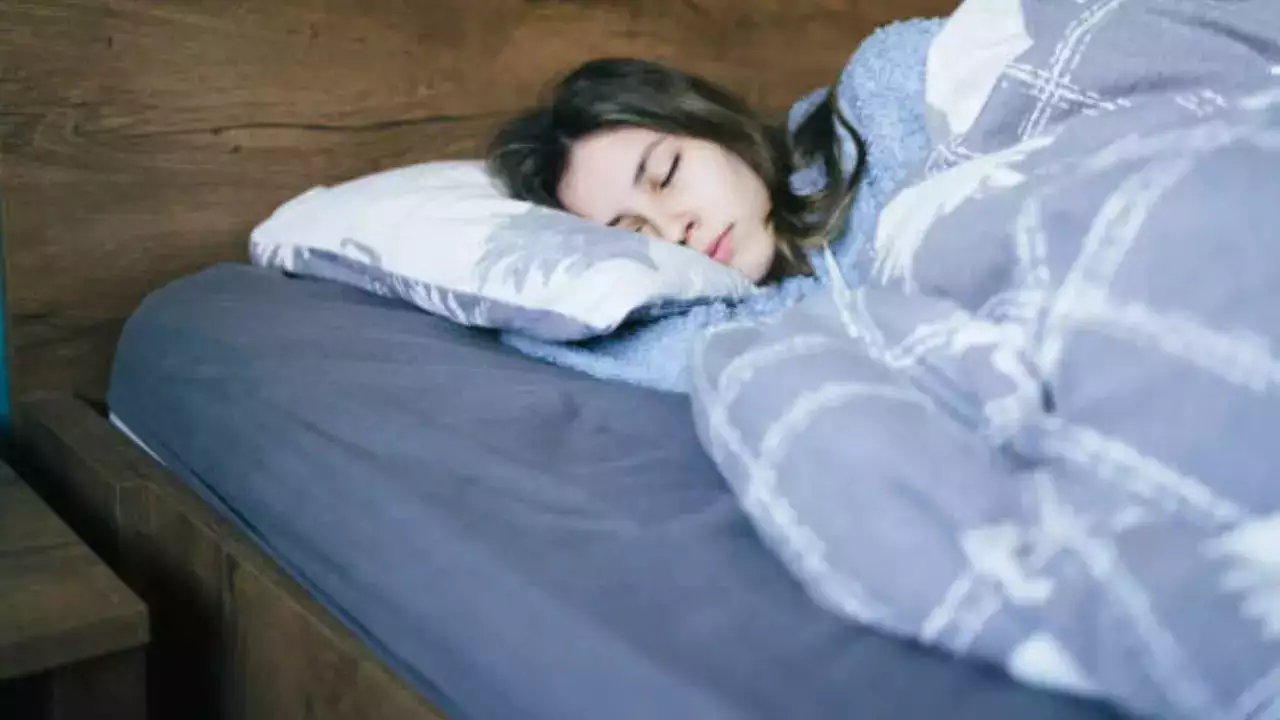
Adults require at least seven hours of sleep nightly – and since earlier people never prioritized it, they ended up with many physical and mental health ailments
According to experts, members of Gen-Z spend more time sleeping than any other generation. Surveys and research have shown they also spend more time exercising and prioritizing self-care than others—to make the quality better.
How does sleepmaxxing work?
By now people are well versed in the horrors and dangers of sleeplessness, which can lead to many diseases and conditions including heart problems, type 2 diabetes, and even obesity.
According to experts, adults require at least seven hours of sleep a night, and since earlier people never prioritized it, they ended up with many physical and mental health ailments. However, that is shifting in a post-2020 world and as a new generation enters the workforce.
Sleepmaxxing helps with:
- Have fewer sick days
- Maintain a healthy weight
- Lower stress and boost mood
- Lower the risk of health issues, including heart disease and type 2 diabetes.
- Improve attention and memory
Is sleepmaxxing harmful?
Despite the wellness intentions, experts believe that some aspects of this trend could do more harm than good. Ineffective supplements, mouth taping, and nostril expanders are among the products that feature in some of the most popular viral videos that give advice on optimizing your sleep. However, these can raise health risks.
Doctors feel commercializing sleep as a product is highly concerning and the focus should not shift from wellness to purchasing more and more products to achieve the ideal sleep quality.
Can supplements and ingredients get you more sleep?
While Gen Z thinks so, experts say the commodification of sleep is one drawback of the trend to prioritize this healthy habit. Doctors say reaching out regularly for over-the-counter medications and supplements or engaging in viral yet unsafe practices can be harmful for health in the long run.
These include the following:
Magnesium
Magnesium does improve sleep, but the dosage can interact with certain medications and lead to indigestion.
Mouth taping
While mouth-taping helps you to stop snoring, experts say there is not enough evidence to support that. Further, they caution that it can be dangerous for people with sleep apnea.
Melatonin
Melatonin helps temporarily with sleep issues, like those caused by jet lag. However, timing and dose are important and so, many over-the-counter melatonin supplements are higher than the adult range considered safe.
Nostril expanders
According to experts, there is not enough evidence to support the use of nostril expanders in aiding sleep or eliminating snorting.
Ways to maximize sleep naturally
A few ways that can naturally help you snooze include:
- Not consuming caffeine within six hours of bedtime
- Drinking in moderation and stopping within three hours of bedtime
- Putting screens to bed at least 45 minutes before you plan to sleep
- Exercise regularly but refrain from high-intensity sweat sessions before bedtime
Get Latest News Live on Times Now along with Breaking News and Top Headlines from Health and around the world.
